ANTD.VN - Lawyer Nguyen Thanh Ha - Chairman of SB LAW Firm, believes that Vietnamese enterprises need both short-term and long-term solutions to cope with global trade tensions, but no matter which solution is chosen, flexibility is what is needed most.
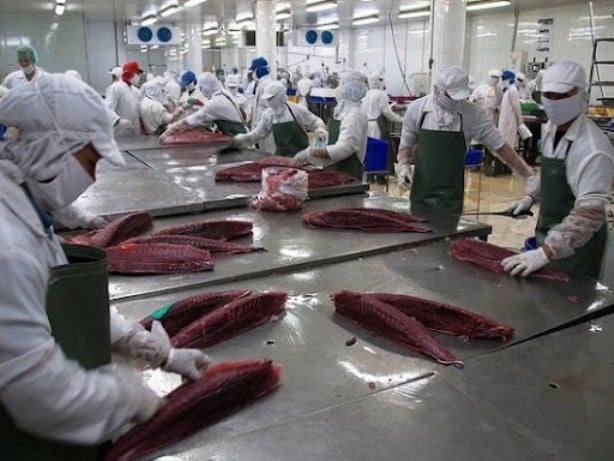 |
Vietnamese export enterprises can still take advantage of opportunities to export to the US. |
A series of tax policy changes by the Trump administration are further straining global trade. Vietnam is a highly open economy , and these policies have a direct or indirect impact on Vietnam.
According to lawyer Nguyen Thanh Ha, the new context of global trade may put Vietnamese businesses under pressure to be more tightly controlled. This will lead to increased compliance costs and affect the competitiveness of Vietnamese products in the international market.
In addition, non-tariff barriers such as requirements on technical standards, food safety, or compliance with labor and environmental rules may also be tightened.
Looking at the positive side, Lawyer Nguyen Thanh Ha said that the strict demands of the market require Vietnamese enterprises to invest heavily in improving product quality and supply chain management to meet the requirements of large markets.
“This is also an opportunity for Vietnamese enterprises to restructure production, focusing on high value-added products that meet international standards. Taking advantage of the free trade agreements (FTAs) that Vietnam has signed can also help enterprises overcome obstacles and maintain competitiveness in the international market,” said Mr. Nguyen Thanh Ha.
According to this lawyer, Vietnamese enterprises must always be prepared to respond to new developments in global trade, especially when the economy is deeply integrated and the export market of enterprises is increasingly expanding. To adapt, long-term and short-term solutions are needed, however, no matter which solution is chosen, according to Mr. Nguyen Thanh Ha, enterprises need to be flexible.
Expressing his opinion on the impact of the US-China trade conflict on Vietnam, a representative of the Ministry of Industry and Trade said that Vietnam could be indirectly affected. For example, if Chinese goods are subject to high tariffs from the US, Chinese manufacturers could move part of their production to Vietnam to avoid the tariffs.
The consequence of this action is that Vietnamese goods exported to the US are subject to closer supervision and even trade defense measures. Vietnamese goods have encountered this situation before.
With other export markets, Vietnamese goods are still imported and exported normally, especially with markets with FTAs, Vietnamese goods still enjoy incentives according to tariff commitments between the parties.
From a business perspective, the Vietnam Association of Seafood Exporters and Producers (VASEP) said that businesses can increase tuna exports to the US.
According to VASEP, tuna is one of Vietnam's key export products to the US and its turnover is increasing. In 2024, Vietnam's tuna exports to the US will grow continuously.
In the canned tuna market segment, Vietnam is the third largest supplier after Thailand and Mexico. Over the past year, the US has tended to reduce imports from Mexico and increase imports from Vietnam.
Especially with canned tuna products for the food service segment (restaurants, catering services...), Vietnam has surpassed China to become the largest supplier to the US market.
In the US frozen tuna meat/loin segment HS030487, Vietnam is the second largest supplier after Indonesia and before Thailand. US imports of this product group from Thailand are decreasing, while imports from Vietnam and Indonesia are increasing.
Quoting the analysis of Mr. Pham Quang Vinh - former Deputy Minister of Foreign Affairs , former Vietnamese Ambassador to the US, VASEP said: "The trade deficit between Vietnam and the US is an objective mutual issue in trade between economies.
If the US restricts China, it will of course have to increase imports from other countries, of which Vietnam is a country with competitive advantages. Therefore, this will be an opportunity for Vietnamese businesses to penetrate deeper into the US tuna market.
The representative of the General Statistics Office also said that trade competition between major countries is becoming increasingly fierce, especially with the US tariff policy which could affect long-term inflation when global trade partners take "retaliatory" actions.
Vietnam is a country that imports a lot of raw materials for production, so high world commodity prices will affect costs and prices, creating pressure on business production and thereby pushing up the prices of domestic consumer goods. In addition, the increase in the US dollar will further increase the cost of importing raw materials, putting pressure on the domestic price level.
Source: https://www.anninhthudo.vn/cang-thang-thuong-mai-toan-cau-doanh-nghiep-viet-nam-can-thich-ung-linh-hoat-post603159.antd






![[Photo] National Assembly Chairman Tran Thanh Man holds talks with South Korean National Assembly Chairman Woo Won Shik](/_next/image?url=https%3A%2F%2Fvphoto.vietnam.vn%2Fthumb%2F1200x675%2Fvietnam%2Fresource%2FIMAGE%2F2025%2F11%2F20%2F1763629724919_hq-5175-jpg.webp&w=3840&q=75)
![[Photo] President Luong Cuong receives President of the Senate of the Czech Republic Milos Vystrcil](/_next/image?url=https%3A%2F%2Fvphoto.vietnam.vn%2Fthumb%2F1200x675%2Fvietnam%2Fresource%2FIMAGE%2F2025%2F11%2F20%2F1763629737266_ndo_br_1-jpg.webp&w=3840&q=75)
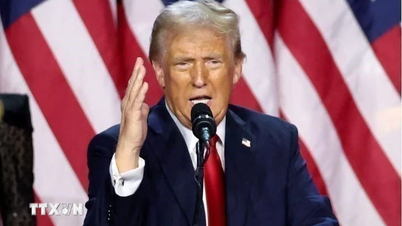

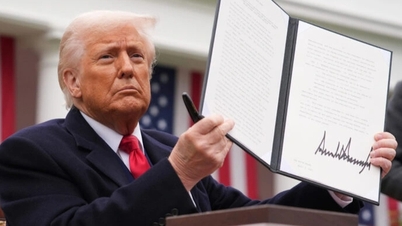



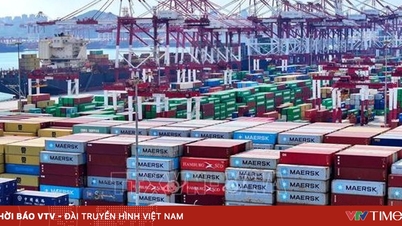

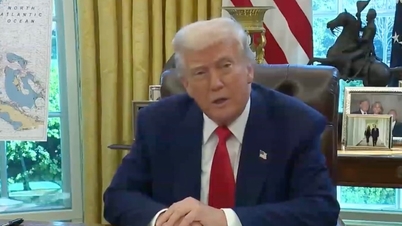
















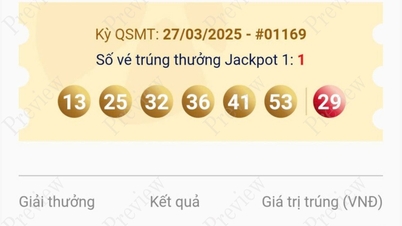

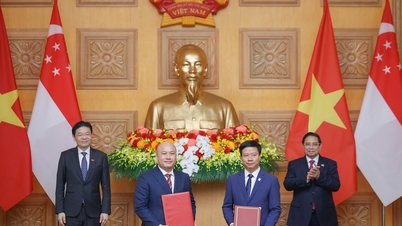




































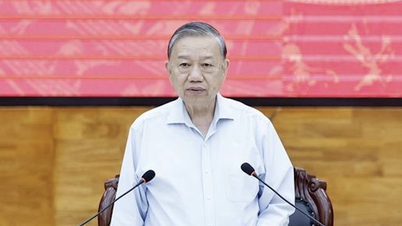











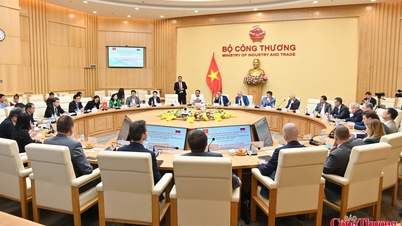

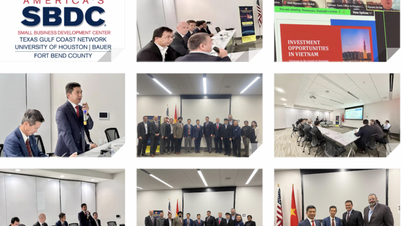








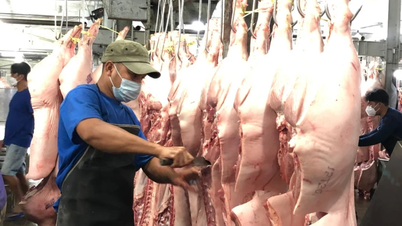













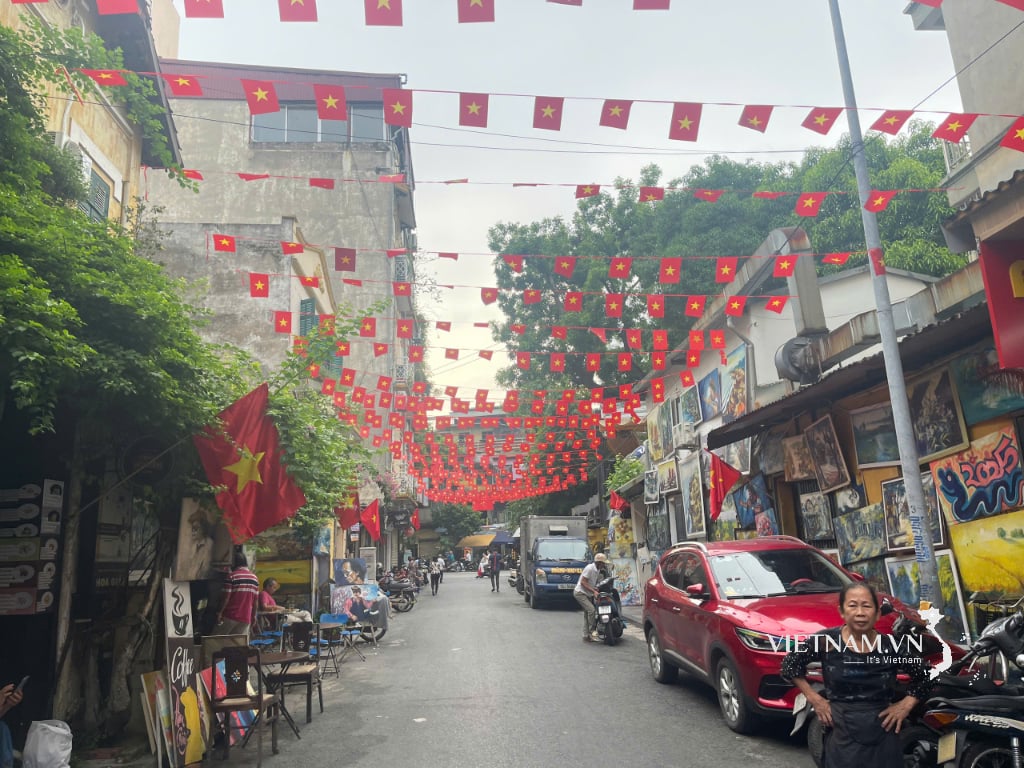
Comment (0)